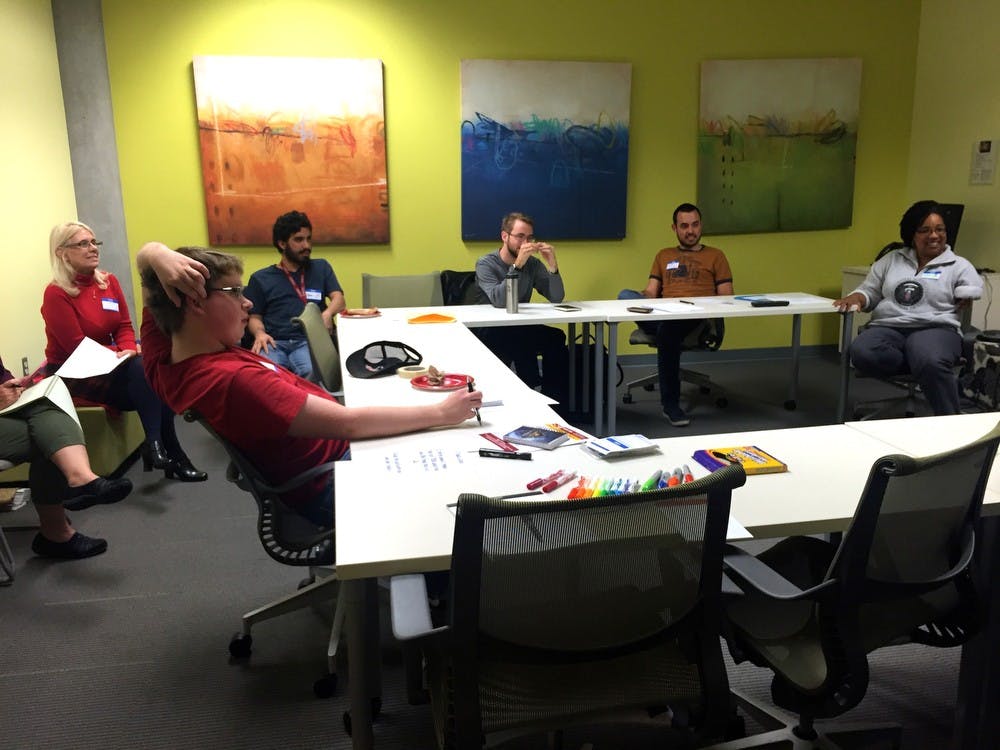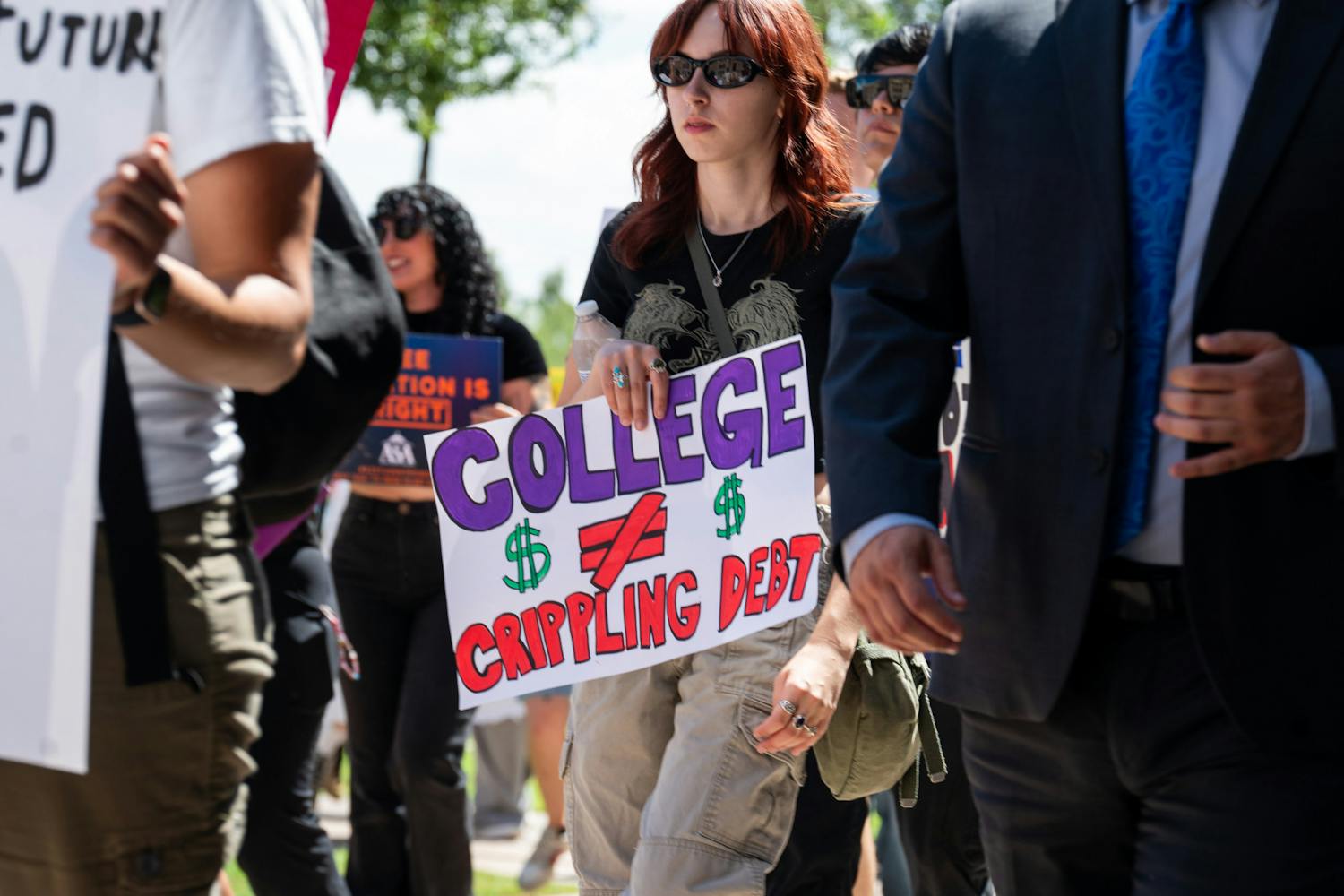ASU's first club centered around the University's autistic student population, Autistics on Campus, acts as a safe-haven for those who fit the spectrum of the genetic disorder.
“I think this will be a safe haven for Autistic people, to find themselves, to help them grow as people, to discover who they are,” history freshman and AoC member Peridot Sai said during the club's first meeting Thursday.
Maria Dixon, clinical associate professor in the speech language sciences department at ASU, said she and one of her students, computer science freshman Bryant Murrow, thought of the idea to start AoC together.
The two said they wanted to begin AoC for a like-minded social group, rather than a therapeutic, goal-oriented club.
“I’m hoping that it will be a place for students with Autism spectrum disorder to not be so spread out on campus, to not be so isolated,” Dixon said. “So they can get together and find support, and access more things on campus, which is a harder thing to do.”
Dixon said creating a comfortable environment for everyone to be themselves, along with connecting with others with or without Autism on campus are some of her main goals for AoC.
“A lot of the reasons why people with Autism drop out of college is not because of their intellect. It’s because of all of the social aspects of being in college, like having a roommate, negotiating how to get around campus or being involved,” said Dixon.
Those within the spectrum face day-to-day challenges that vary from time management skills and ways to access scholarships to the difficulties of feeling genuinely connected to classmates and fellow students.
Murrow said his own experience had shown him ASU does a great job of offering an overall support system through its Disability Resource Center, with options for alternative testing methods and locations.
“Many times professors understand and are willing to work with you one-on-one, but other times, not so much,” Murrow said. “It’s good to always have that backing from the DRC, it’s not ad hoc.”
As far as the ASU student body goes, Murrow said he thinks fellow students are not as friendly as they could be, or should be.
“ASU is not a great place for social interaction, and many people I know feel like no one wants or is willing to talk to them," he said. "It’s rather disheartening.”
Murrow said ASU tries to create spaces for people to expand socially, but most times, students don’t take advantage of what the school offers, which is why he he said he feels that AoC will be so vital for students who have an especially hard time socially.
“My hope for this club is that it will evolve into a larger group, where people can come and be themselves, because often times, we can’t,” Murrow said. “Ideally, I hope we can found something enduring."
Related Links:
Student's book on autism allows him to share experiences, inspire others
ASU engineering professor makes striking discoveries about autism
Reach the reporter at jmbradf1@asu.edu.
Like The State Press on Facebook and follow @statepress on Twitter




